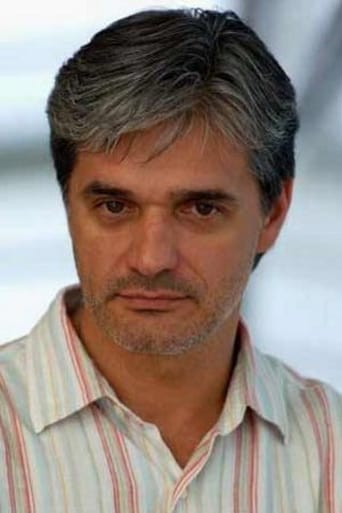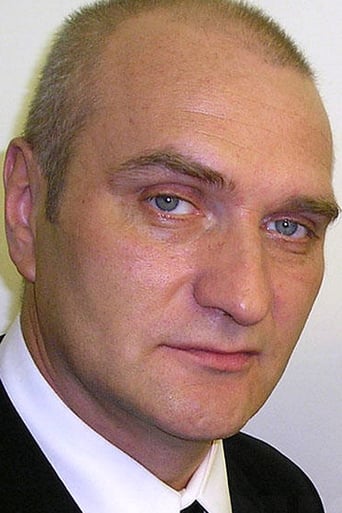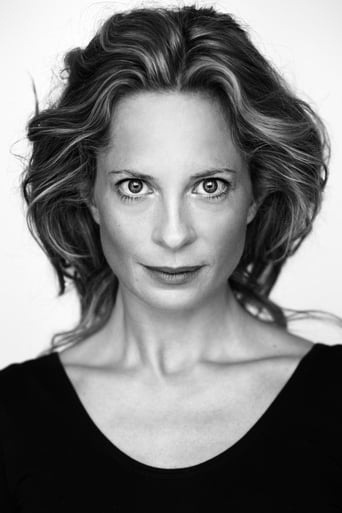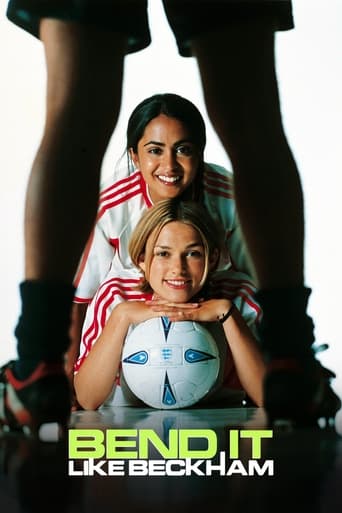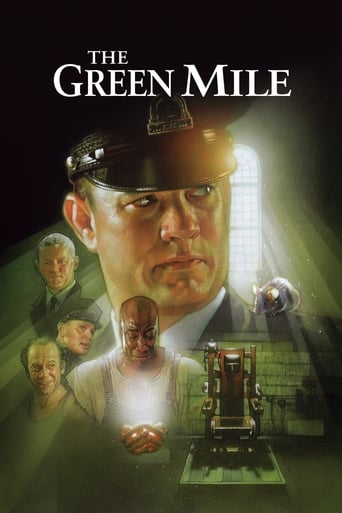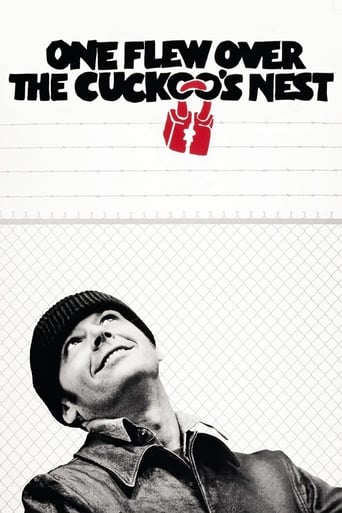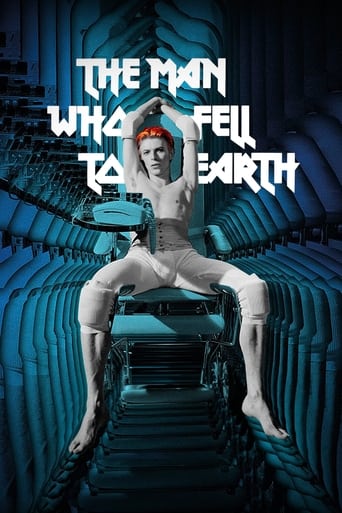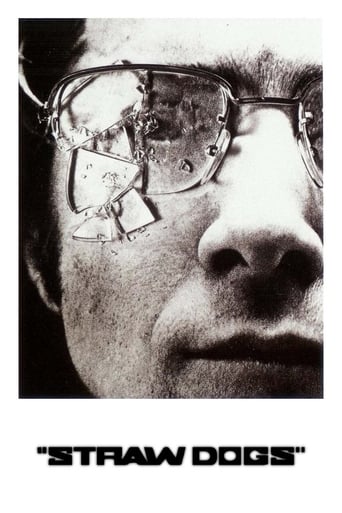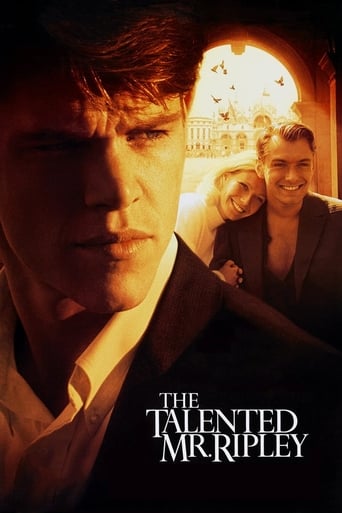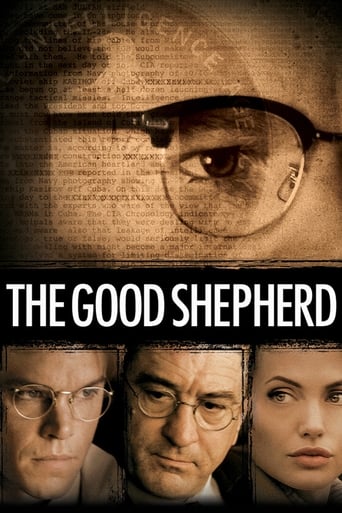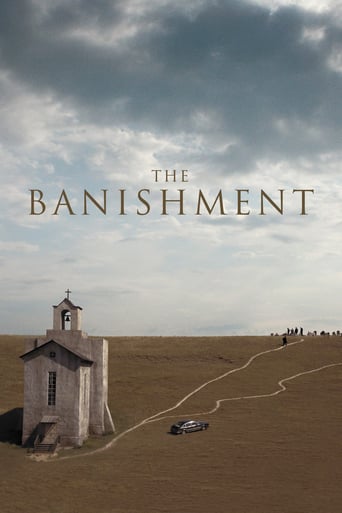
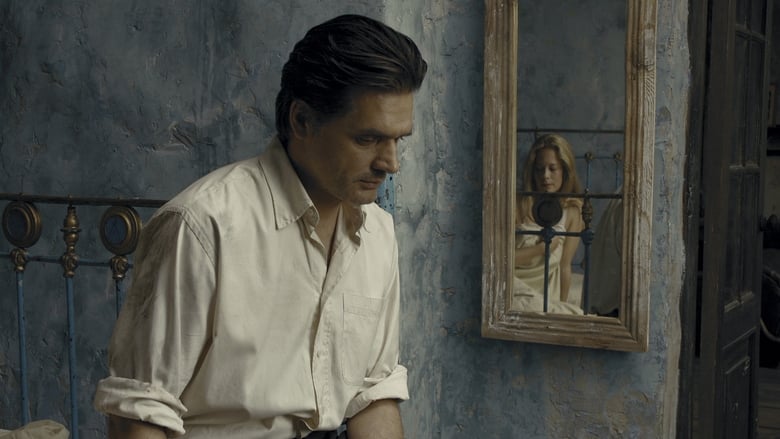
The Banishment (2008)
While vacationing in the countryside at his childhood home, a woman suddenly reveals to her husband that she is expecting a child – but not his.
Watch Trailer
Cast


Similar titles
Reviews
Giants of Russian cinema included Sergei Eisenstein (The Battleship Potemkin, Alexander Nevsky), Andrei Tarkovsky (Ivan's Childhood, Solaris) and the emerging Aleksandr Sokurov (Russian Ark, Father And Son). All three are recognized as the leading Russian filmmaker of their generations, consistently producing works of immense quality and value. The director of The Banishment, Andrei Zvyagintsev, is one of a few who shows potential to be another great voice of Russian cinema. His previous effort, The Return, was a soporific excursion into the Russian wilderness; though cinematographically stunning, it fails in its ability to completely engage the viewers.The Banishment shares the same characteristics. The difference is that it is a whole lot longer, running at nearly a-hundred-and-sixty minutes. The story could have been wrapped up in a taut ninety-minute drama but Zvyagintsev chose the more abstract route to film the picture. Only time would tell whether his choice was sound. At its heart, The Banishment has a pitiful story to tell. However, it is told at such a snail-like pace that it appears almost lackluster and feels like it is not making any storytelling progression especially during the final two-thirds of the film.The character developments of the three main characters are palatable enough to pull viewers through the lengthy film. Each one of them struggles with problems of high emotional intensity, often as a result of miscommunication, selfishness, and jealousy. Zvyagintsev opts to use long static shots of these characters' faces to capture their inner feelings and juxtaposing it with the unpredictability of the Russian wilderness. One top-notch sequence involves a five-minute reverse tracking shot of water flowing downhill into small streams and eventually into a big puddle that shows a reflection of something that is of immense significance. Its monotony is ultimately broken by the onset of rain.The Banishment while sporadically exhibiting glimpses of promise unfortunately feels too long-winded. It is a commendable piece of cinema and has the potential to become a great character study if Zvyagintsev decides to do a director's cut with a trimmer runtime. The Banishment is made for the art house crowd and yes, for one with a hell lot of patience.SCORE: 7/10 (www.filmnomenon.blogspot.com) All rights reserved!
Those who have seen Russian director Andrei Zvyagintsev's first film "The Return" will have no trouble in realizing that his second film "Izgnanie" /"The Banishment" is equally impressive.However,his second film is little less effective despite having many themes in common with his first film.It can be surmised that it was due to intriguing focus on adults instead of children.This is exactly the reason why many a times viewers might get the impression that children are used merely as unavailing props.Astute viewers will also notice that many references to Tarkovsky are quite natural and self explanatory as Andrei Zvyagintsev is an honorable heir of that famous Russian school of cinema which prides itself in observing minute things in greater detail.It is true that a film maker must not give all answers to viewers but highhandedness of Andrei Zvyagintsev's direction failed to engage viewers.This is one reason why so many essential questions remained unanswered throughout the film.But this would surely not deprive any sagacious viewers to enjoy this extremely meaningful film with excellent focus on art direction especially in the manner interiors have been created.
I have only just learnt that Zvyagintev's The Return was his feature film debut. It really impressed me with it's sparse and elusive narrative, filled with mystery and ambiguity. It is visually spectacular, with a strong Eastern European aesthetic that one can't look away from. The Banishment is no less a film.This is a much more ambitious effort than Zvyagintev's debut. Again he has crafted a story that is highly enigmatic. It stars Konstantin Lavronenko, who played the role of the absent father returned in The Return. Alex is a man with a shady past and his brother Mark (Aleksandr Baluyev) is of the same ilk. When Alex's wife, Vera (Maria Bonnevie), reveals she is pregnant and that he is not the father, a sequence of events unfolds that will have you on the edge of your seat. "If you want to kill, kill. If you want to forgive, forgive", says Mark.The tension is palpable, magnified by the sparse dialogue. In one sense, words are not needed as the body language says it all. Yet in another, the inability of the protagonists to bring out into the open what needs to be said leads to unforeseen consequences. This is both thematically similar to Nuri Bilge Ceylan's similarly excellent Three Monkeys and stylistically they also share much in common. As in Ceylan's films, Zvyagintev shows great confidence in telling a story, taking his time to create a palpable ambiance. At 157 minutes, the film is quite long, but always engaging.The cinematography is stunning throughout, with excellent use of the widescreen. There is one tracking shot in particular that left me breathless as the camera seemingly floated through space. I can recall only twice where the camera movement impressed me so: the caravan sequence in Noise and the various tracking shots in Soy Cuba. The use of darkness, light and shade are used to great effect. The music is haunting, reminding me of the Gothic sounds of the music of Enigma. It renders the film with a sense of tragedy of biblical proportions.Zvyagintev is a magnificent talent that just can't be ignored. If you see only one Russian film this year, make it The Banishment.
Andrey Zvyagintsev's "The Banishment" is a stark, grave allegory of marital and familial disintegration. The father, Alexander (Best Actor at Cannes 2007, Konstantin Lavronenko)a slight, lithe, laconic characterfaces an unconscionable choice midway through the film. His wife, Vera (Maria Bonnevie), is a quietly tired mother masking a great deal of uncertainty behind pained eyes and faded beauty. Their young children, Kir and Eva, sense that a storm is brewing. This is Zvyagintsev's despairing poetry on the toxic disconnect between loved ones, surveying the limbo between the way things are and the way it should be."I'm pregnant, but it's not yours," Vera says unhurriedly, looking at her husband imploringly, eyes beseeching, as they lounge on the patio of Alexander's hilltop childhood home in the countryside, far away from the bleak greys of the industrial city where they reside. In that moment, Alexander realises the shift from mental to physical infidelity, less mindful to the betrayal he refuses to talk about than he is to his pride taking a dent. For the first time, the angular complexity of Lavronenko's face twists into a wordless rage that reveals his only response to the malaise rising within this marriage.Alexander meets surreptitiously with his shady brother Mark (Aleksandr Baluyev), a criminal sort that needed stitching up and a bullet removed from his arm in the dead of the night just days before. Mark informs Alexander of a gun he left up in a dresser at their father's home. The moral landscape opens up here with two pathsto forgive or to kill. Both choices demand a hefty price, but remain acceptable as long as one is able to reconcile one's self with it.Zvyagintsev creates a dreary mood piece, sustained with tension and a deeply burdening excavation of secrets and silence. There's an exploration of miscommunication here, not lies. The unspoken becomes just as virulent as falsities; the emotional estrangement between people becomes a source of dehumanising decay. The story of family is timeless in its essence, but intermittent, it's intrinsic morality however, is everything. Once again, the past has a way of rearing itself into the future. Just as Zvyagintsev saw profundity in the role of the Father in his mesmerising debut, "The Return", he sees the same here in the dynamics between parents and of spouses. The themes remain similar, but the religiosity of his enterprise is clunkier and more obtrusive.While the acknowledged influence is Andrei Tarkovskynature and pastoral simplicity as it relates to the inner self and the interplay of religious iconographythe resonance of the camera is plainly Zvyagintsev's. The director, once again working with the cinematographer Mikhail Krichman, seems incapable of framing an ugly image: the open spaces of the golden countryside becomes stupefying and the creaky house itself hinges on a chasm, a solitary wooden bridge is the sole connection to a world outside the confines of family. As the narrative bends and folds, so does Zvyagintsev's virtuosity with visual chicaneryimages and shots blend into one another, revealing the webs of space and time.For all its technical poise, Zvyagintsev's story lacks the emotional veracity of his debut. From each shot, right down to its script, everything is so precisely composed that the film becomes antiseptic beneath the tragedy by justifying its theoretical banality with intense symbolism and inorganic actions. Characters have weight but no realitythey seem becalmed, even unaffectedthey are ideas acted upon, props for a rambling parable and dangerously on the verge of evoking ennui. But in spite of its inherently languorous sermon, Zvyagintsev tackles the film with the cinematic prose of epic literature by enveloping the film with an aura of solemnity and disquiet.


